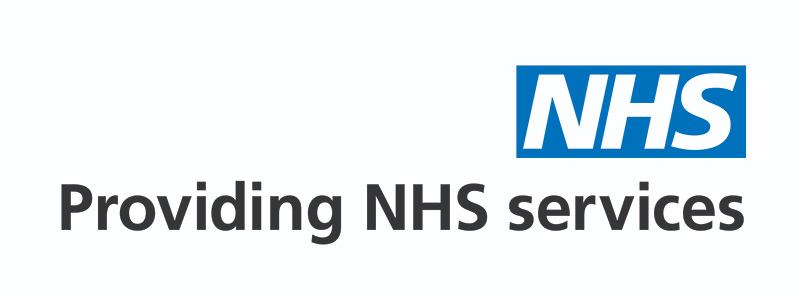Chronic Obstructive Pulmonary Disease
Chronic Obstructive Pulmonary Disease (COPD): Understanding the Condition, Causes, and Management
Chronic Obstructive Pulmonary Disease (COPD) is a chronic inflammatory lung disease that obstructs airflow from the lungs. It includes conditions such as emphysema and chronic bronchitis, leading to breathing difficulties. COPD is a progressive disease that requires proper management to improve the quality of life for those affected.
Causes and Risk Factors of COPD
Common Causes:
- Smoking: Long-term cigarette smoking is the leading cause of COPD. It damages the airways and the air sacs in the lungs, leading to breathing difficulties.
- Environmental Exposures: Long-term exposure to air pollutants, chemical fumes, and dust can contribute to the development of COPD.
Risk Factors:
- Genetics: A rare genetic disorder called alpha-1 antitrypsin deficiency can cause COPD.
- Age: COPD is most commonly diagnosed in people aged 40 and older.
- Asthma: People with asthma who smoke have a higher risk of developing COPD.
Symptoms of COPD
- Chronic Cough: A persistent cough that produces mucus.
- Shortness of Breath: Especially during physical activities.
- Wheezing: A whistling or squeaky sound when breathing.
- Chest Tightness: A feeling of constriction in the chest.
- Frequent Respiratory Infections: Increased susceptibility to colds and the flu.
Managing COPD
Medication:
- Bronchodilators: These medications help relax the muscles around the airways, making breathing easier.
- Inhaled Steroids: These reduce airway inflammation and help prevent exacerbations.
- Combination Inhalers: These include both bronchodilators and steroids for more effective symptom control.
Lifestyle and Home Remedies:
- Quit Smoking: The most crucial step in managing COPD is to stop smoking.
- Stay Active: Regular exercise can improve overall strength and respiratory function.
- Healthy Diet: A balanced diet helps maintain overall health and supports the immune system.
- Breathing Exercises: Techniques such as pursed-lip breathing can help manage shortness of breath.
- Stay Vaccinated: Keeping up with vaccinations, including the flu and pneumonia vaccines, can prevent infections that exacerbate COPD.
When to Seek Medical Help
While COPD can often be managed with medication and lifestyle changes, it is important to seek medical help if you experience:
- Severe shortness of breath that does not improve with medication.
- Rapid or irregular heartbeat.
- Confusion or drowsiness.
- Worsening symptoms or signs of a respiratory infection.
Resources and Advice
Shortness of breath can be a medical emergency requiring a 999 response. If unsure consult our Emergencies page or ring 111. In case of medical emergency dial 999. If you have any concerns or persistent symptoms, do not hesitate to contact our GP surgery for a consultation and professional advice.

